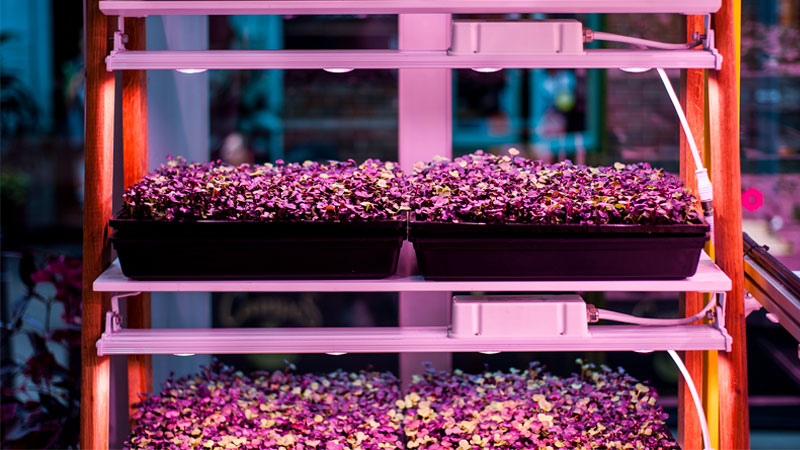World’s Most Innovative Property Companies Revealed
Property companies radically transforming the built environment have been recognised on this year's list of most innovative companies.
The list by US business magazine Fast Company, which highlights over 400 companies from 40 countries, was topped by social media giant Snap Inc, followed closely by computing giant Microsoft and automaker Tesla.
Urban development and real estate companies driving cultural change and embracing innovation were also ranked in a separate industry-specific category.
Topping the category was US robotics company Icon, which uses a massive 3D-printer, called the Vulcan II, to print full houses out of concrete.
The most innovative urban development companies of 2020
| Rank | Company | Location |
|---|---|---|
| 1 | Icon | US |
| 2 | Zillow | US |
| 3 | Sitelab Urban Studio | US |
| 4 | Aclima | US |
| 5 | Roofstock | US |
| 6 | Hello Alfred | US |
| 7 | Mirvac | AUS |
| 8 | Proxy | US |
| 9 | Better Place Forests | US |
| 10 | Area15 | US |
Sustainability is a growing priority for high-growth businesses, with more leading mid-market firms committing to ensuring they build positive legacies in the communities and environments in which they operate.
Urban design firm SiteLab Urban Studio, currently working with Google to remove car culture from its 6 million square metres worth of new development in San Jose, placed third.
Environmental sensor start-up Aclima, which maps air pollutants and greenhouse gases block-by-block throughout San Francisco, also made the top five.
Australian developer makes the list
ASX-listed developer Mirvac, led by Susan Lloyd-Hurwitz, was recognised as the world’s seventh most innovative property company.
The 48-year-old company, which employs over 1,000 people, was recognised for its continued commitment to delivering innovative solutions for its commercial, residential and retail customers.
“Over the last few years we have been working towards a culture of innovation where everybody believes it is part of their job to challenge the status quo and reimagine what we do,” Lloyd-Hurwitz said.
“This transition has been championed by our innovation team Hatch, who have up-skilled our people and helped to establish a fail-safe environment where we are not afraid to experiment.”

Cultivate, Mirvac's business that converts under-used spaces, including car parks, basements and vacant retail or office spaces, into urban farms was the company's stand out initiative.
The innovative approach to inner-city farming is a collaborative venture between Mirvac and Melbourne start-up Farmwall, using sustainable low-waste methods to transform “dead spaces” into food-producing ecosystems.
Increasingly, technology and “smart farming” is being used to drive more sustainable outcomes among agribusinesses.
Mirvac has also been on the forefront of sustainable initiatives partnering with Tesla and solar-battery software company Evergen to attempt to produce a mass market “no bills” energy-smart home.
Last year, the company partnered with Melbourne-based start-up Allume Energy in order to install solar panels on the roof of its 102-apartment development in Doncaster in Melbourne's north-east.
Mirvac has led the way in the fledgling build-to-rent sector with three existing build-to-rent projects in Sydney and Melbourne.
The company has also set itself a target to be net positive in energy and water by 2030.















